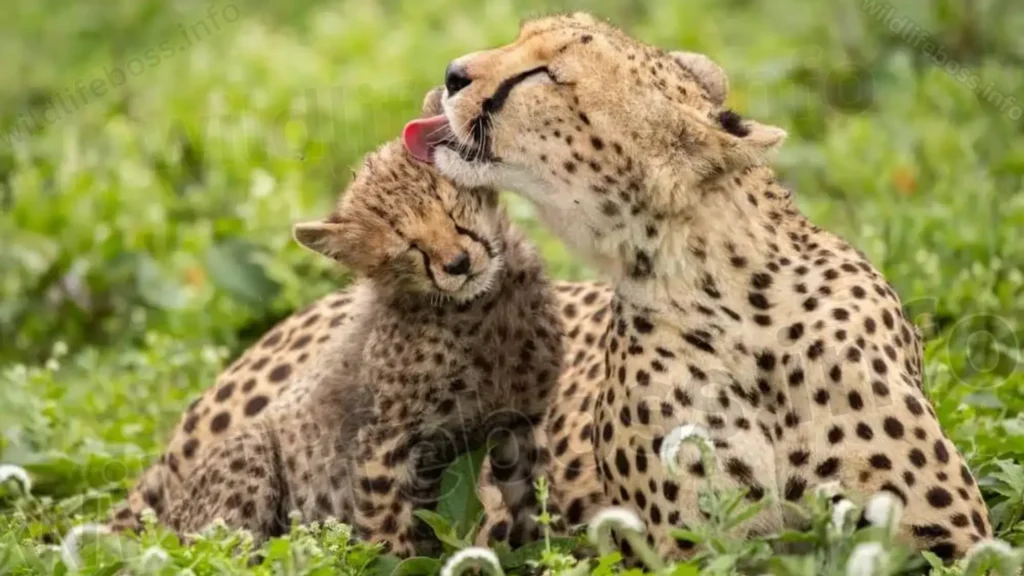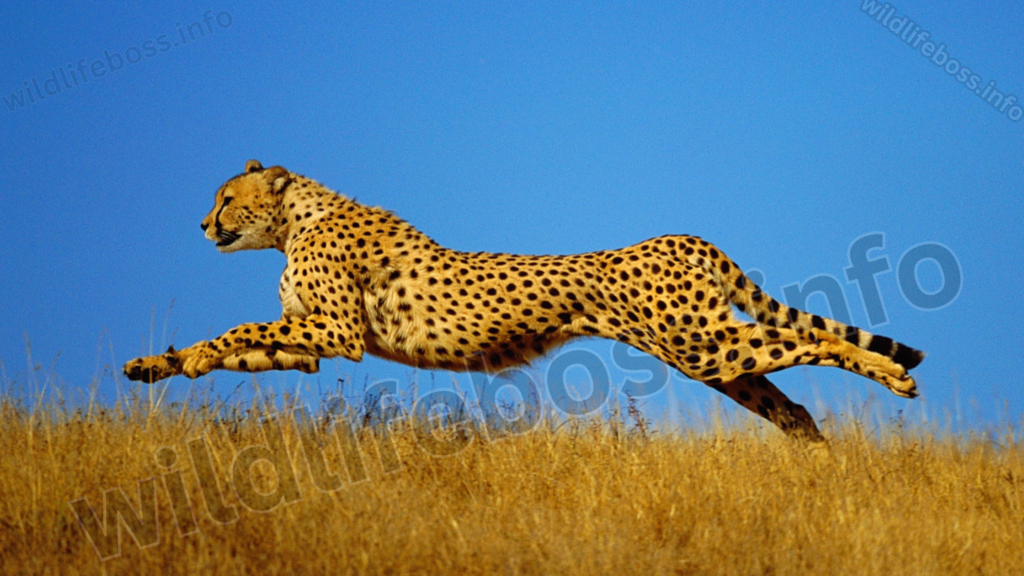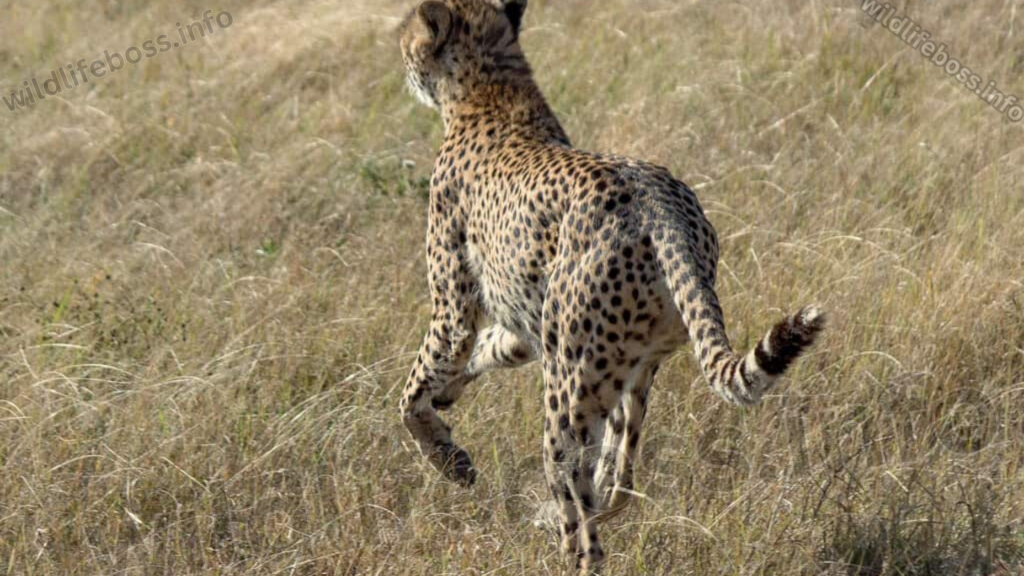So let’s define “friendly” when considering the cheetahs, and as you will soon see, it has to be a relative term. In human words, it is one of the examples of the extra mile where a person extends his effort to help a fellow human being.
With cheetahs, however, you have to examine it from two angles: does it harm its captors in some way I want to know if the animal is generally non-threatening to humans and are the animals also friendly towards other animals.
Despite the fact that cheetahs are not innately aggressive they also have no reason to be friendly. As wild creatures they will defend themselves if they are forced to do so. Nevertheless, they are the friendliest of the African large felines and are seldom involved in attacking humans.
Cheetahs Behavior Towards Humans

The belief that cheetahs are among the most amiable of the large feline species is accurate. This is true even though they are not as gregarious as other large cats in their species.
Lion prides, for instance, can range in size from three to thirty lions. In general, cheetahs are solitary animals that only associate in tiny groups.
Compared to cheetahs, leopards and tigers are more aggressive yet still solitary. Tiger attacks are well documented to kill between 50 and 250 people annually in the Sundarbans. In addition to attacking humans, leopards are sometimes referred to as “man eaters.”
Even cheetahs and other smaller predators have been known to be killed by lions in a show of dominance. Additionally, in Tanzania, they kill up to 100 people annually.However, no recorded case of a cheetah killing a human in the wild exists.
Sea Also: 7 Unique Animals Like Cheetahs (with Pictures)
Cheetahs Behavior (And Friendliness) In The Wild

As wild creatures, cheetahs hunt other animals. You can gain a better understanding of wild cheetah temperament by learning more about their nature.
They are not overly aggressive, as evidenced by their habitat and social structure. But the manner they hunt demonstrates why they are also loners.
Habitat
The southern and eastern African areas, south of the Sahara, are home to the majority of cheetahs populations. Cheetahs are also seen in limited numbers in North Africa and Iran.
These large felines favor grasslands and wide plains. Even though they are not violent, they also have a tendency to avoid human populations, indicating that they are not likely to be friendly.
Sociability
There’s a difference between the social habits of female and male cheetahs. Only when they have cubs do females join a group; otherwise, they live alone. Female cheetahs are not particularly gregarious if friendliness is a prerequisite for sociability.
Male cheetahs can occasionally be spotted on their own, but they’re more likely to form small groups with their male cousins. These organizations are called coalitions, and they are generally made up of two siblings.
On occasion, though, the sibling pairs will let a third, unrelated cheetah into their pack. They frequently engage in “affiliative behavior,” such grooming one another.
In addition, neither in the wild nor in captivity does coalition groups frequently engage in aggressive behavior. Cheetahs do not usually harass one another if two groups are evenly balanced.
In terms of friendliness and sociability, cheetahs are neutral; they will establish small groups and show concern for one another, but these groups are exclusive of family members.
When two groups of equal size come into touch, cheetahs do not try to merge or act hostilely.
Hunting Methods

The impala, duiker, and springbok are among the various antelope species that cheetahs primarily hunt. In addition, cheetahs will consume smaller animals, wildebeest, and the young of larger antelope species.
More precisely, cheetahs are slow movers in order to get closer with the hope of springing up and chasing the prey. Cheetahs are … the only terrestrial animals that are as fast as cars traveling with a speed of 65-75 mp/h.
Despite the fact that cheetahs use social cooperation in hunting, different cheetahs kill a single animal in turns and cheetahs like to hunt alone and alone they are capable as well. The main problem is that cheetahs require prompt feeding to eliminate the risk of other predators attacking because they only consume fresh meat.
Additionally, since they dislike fatty meat, they are not required to feed on agricultural animals kept in captivity. This is just another factor contributing to their lack of interest in interacting with people. Being amiable with people or even other cheetahs doesn’t benefit them much.
Conclusion
Cheetahs are not particularly friendly with people. At best, they form extremely small groups with siblings, but they are mostly solitary animals.
Cheetahs are not known to be aggressive toward people or other cheetahs, despite this. They are regarded as one of the large cat species that are the most “friendly.”
They are still wild animals, though, and that should not be overlooked. Both humans and other animals can be harmed by their teeth and claws. You should never keep them as pets, and you should approach them carefully.

